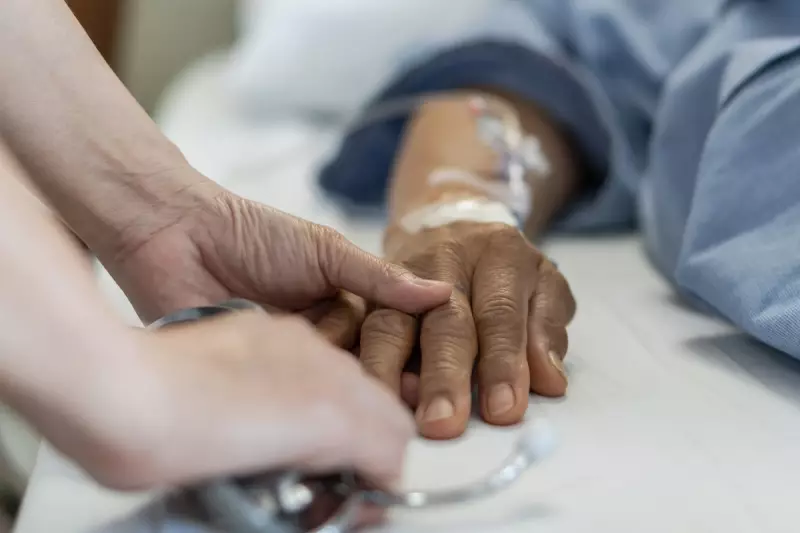
Startling new research has uncovered profound inequalities in end-of-life care for cancer patients across the UK, revealing that ethnic minorities and those from economically deprived backgrounds are receiving significantly poorer palliative treatment during their final days.
The Disturbing Reality of Healthcare Disparities
A comprehensive study examining palliative care delivery has found that patients from minority ethnic groups and lower socioeconomic backgrounds face substantial barriers in accessing adequate pain management and supportive care. The research highlights a troubling pattern where the most vulnerable populations are consistently receiving substandard end-of-life support.
Key Findings That Demand Attention
- Ethnic minority patients experience significantly lower rates of pain medication prescription
- Those from deprived areas face reduced access to specialist palliative care services
- Communication barriers and cultural misunderstandings contribute to care disparities
- Systemic issues within healthcare delivery exacerbate existing social inequalities
A Call for Healthcare Reform
Medical experts are urging immediate action to address these critical gaps in cancer care. The findings underscore an urgent need for healthcare providers to implement more inclusive and equitable palliative care strategies that ensure every patient receives dignified end-of-life treatment regardless of their background or circumstances.
Moving Toward Equitable Care
Researchers emphasize that addressing these disparities requires a multi-faceted approach, including better cultural competency training for healthcare staff, improved community outreach programs, and systemic changes to care delivery models. The goal must be to ensure that every cancer patient receives the compassionate, comprehensive care they deserve during life's most challenging chapter.
This groundbreaking study serves as a crucial wake-up call for healthcare systems nationwide, highlighting the pressing need to eliminate disparities and provide truly equitable end-of-life care for all cancer patients.





